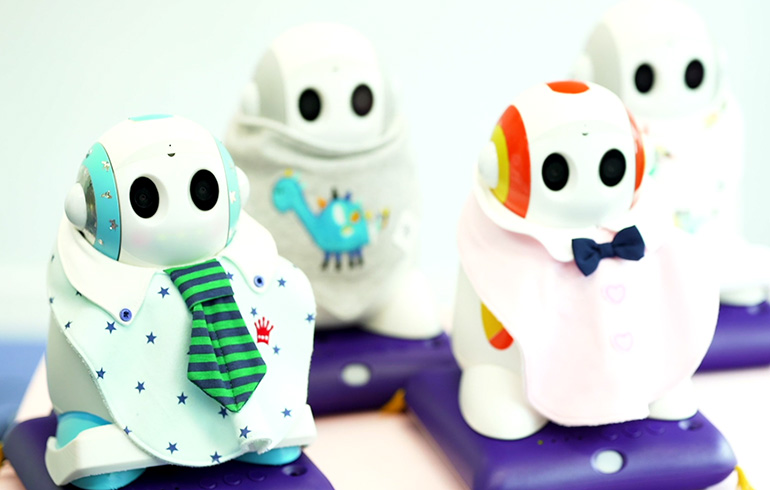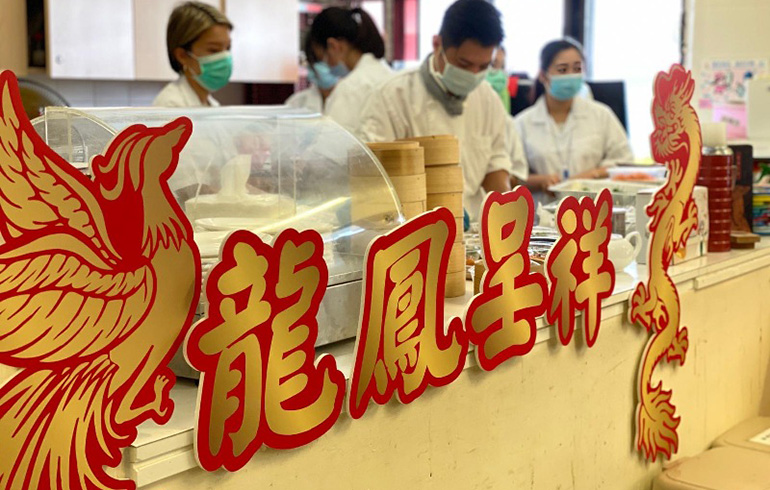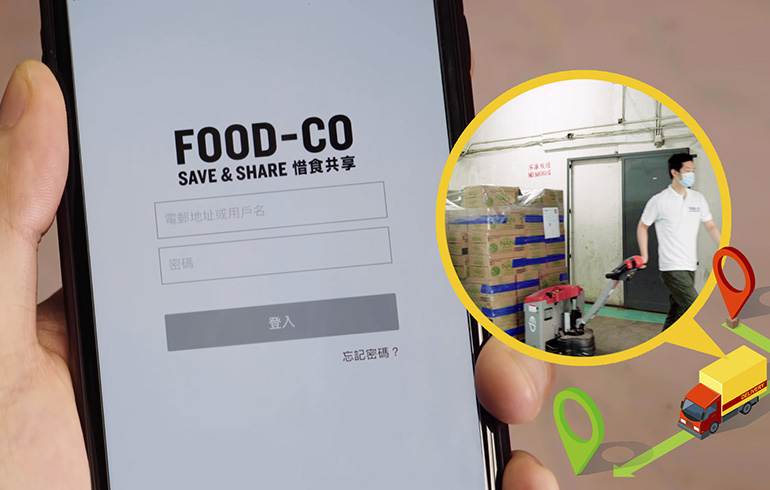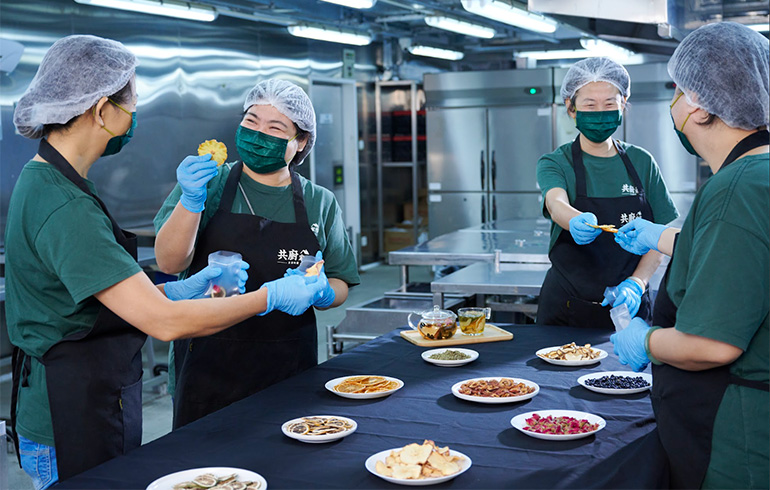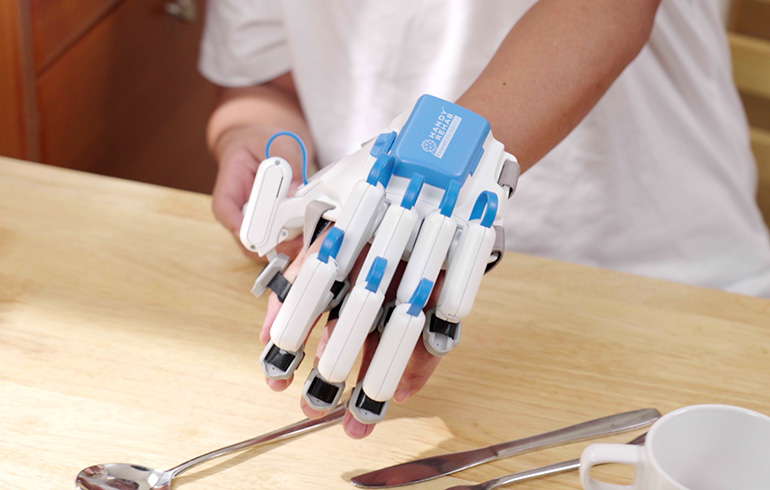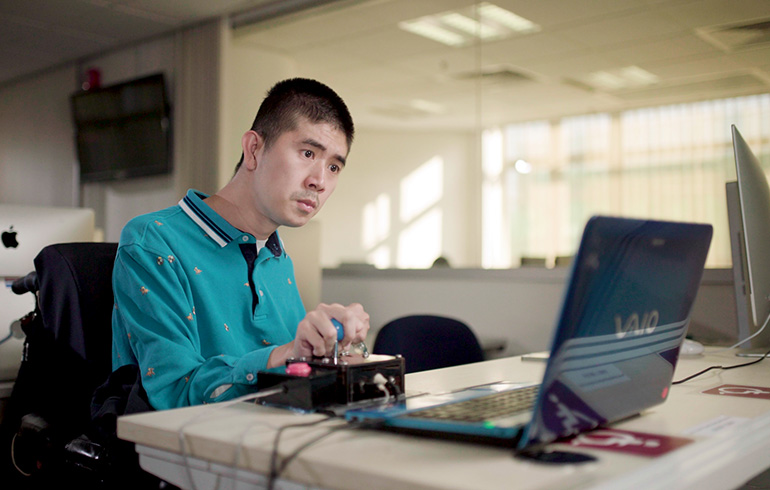Innovation
Innovative Project: Online and Home-based Robot for Autism Behavioral Intervention
Enhancing the social and learning abilities of autistic children through robot-aided drama therapy
About the Project: Robot for Autism Behavioral Intervention (RABI) is an evidence-based and robot-aided intervention programme for children with Autism Spectrum Disorder (ASD). Riding on the success in offering RABI services to NGOs and schools and with funding from the SIE Fund, the venture launched a new RABI programme with online and home-based service plans for ASD children aged three to six. The programme helped them continue their learning and acquire social and behavioral skills despite the suspension of school classes during the COVID-19 epidemic.
Impact / Outcomes:- Provided RABI training to 166 children with autism, including 126 from low-income families;
- Refined the pricing models of subsidised and non-subsidised service plans

